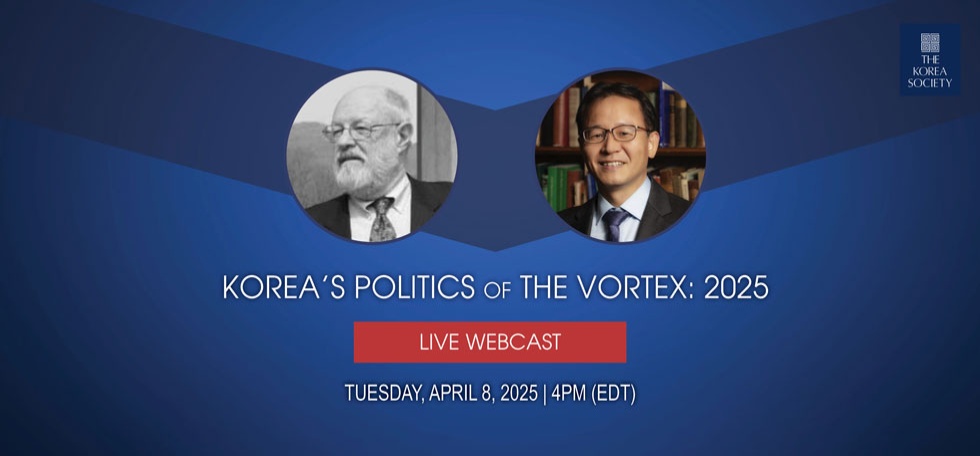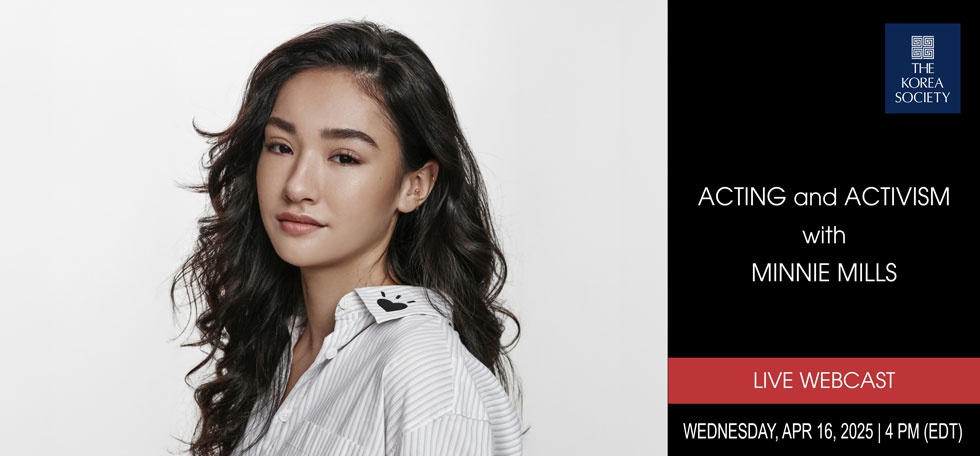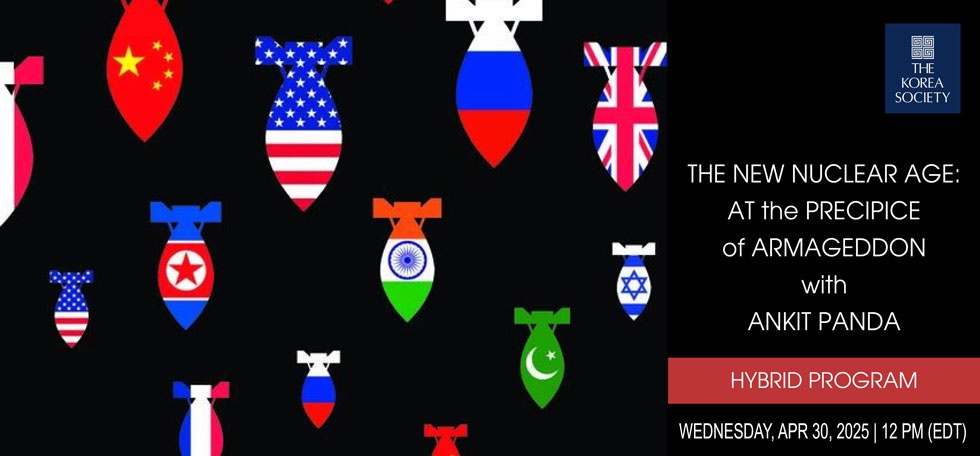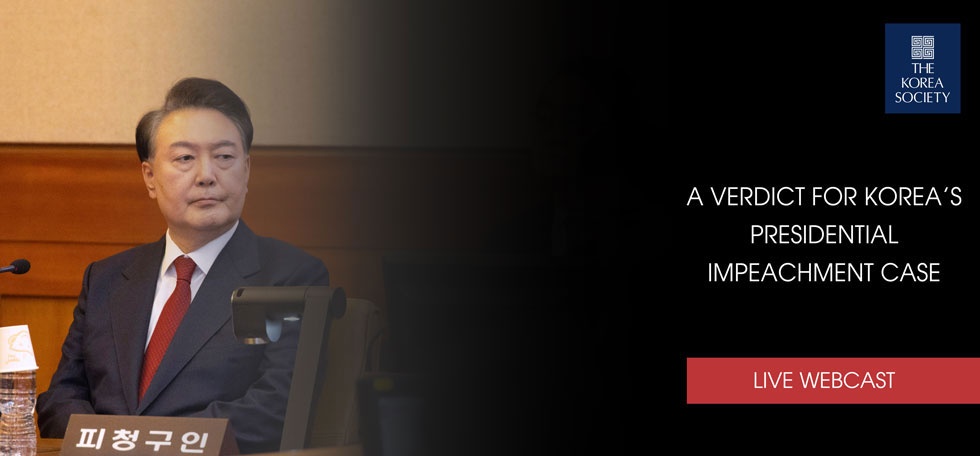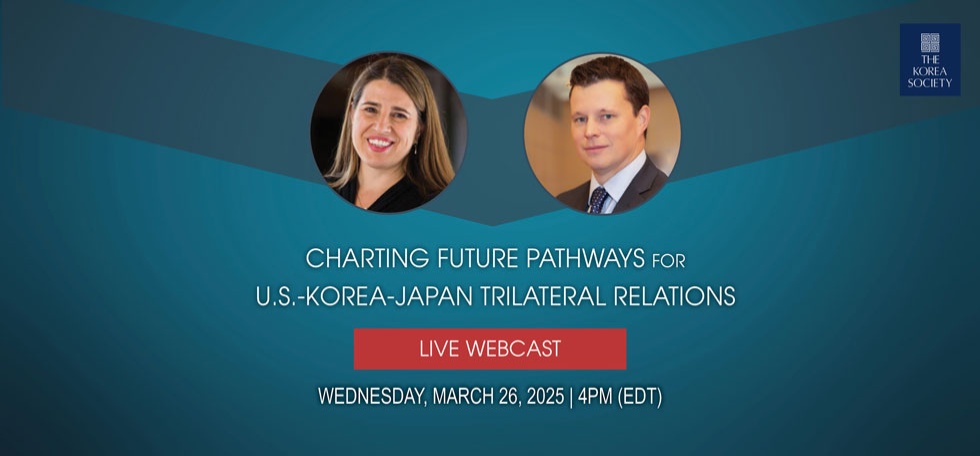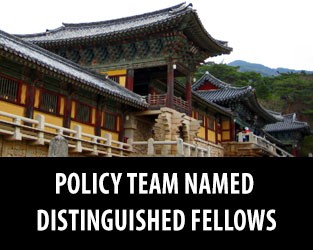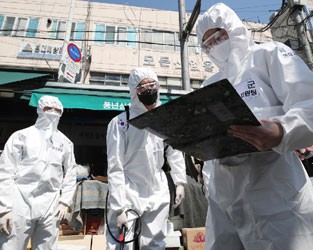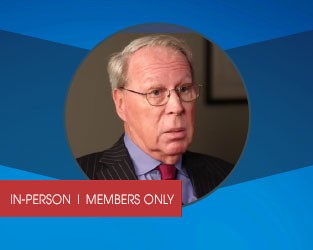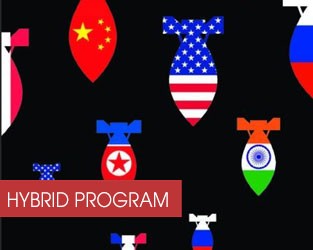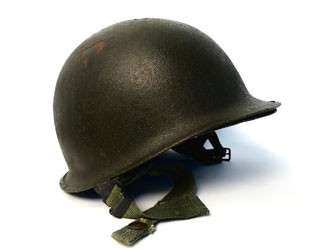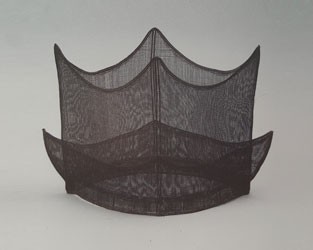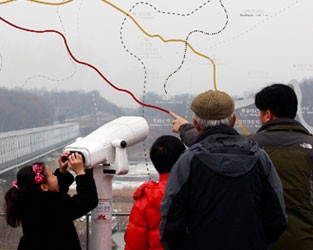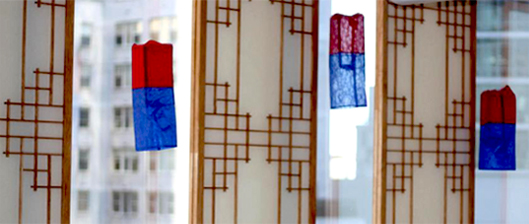![]()
This presentation will examine how portrayals of North Korea by the U.S. government and popular media diminished the possibility of diplomatic cooperation between the United States and the Democratic People’s Republic of Korea (DPRK, North Korea) over the second half of the twentieth century. It will specifically argue that policymakers and journalists, among other observers in U.S. society, primarily made sense of the DPRK’s often-brutal actions by describing it as either a puppet of the Soviet Union and China or as an irrational actor incapable of pragmatic dialogue. These reductive caricatures—a product, in part, of evolving ideologies in American society related to the Cold War, foreign policy, and race—blinded policymakers to the nationalistic motives behind North Korea’s decision-making and led the general public to misunderstand events in Korea. While analyzing how intertwined links between culture and national identity influenced American foreign policy in East Asia, this discussion thus highlights the fundamental misperceptions that so often shaped U.S. decision-making vis-à-vis the DPRK since the Korean War.
Changing American Perceptions of North Korea since 1948
Brandon K. Gauthier
Limited Seating Available. Register Here.
1:45 PM | Arrivals
2:00 PM | Discussion
If you have any questions, please contact Nikita Desai or (212) 759-7525, ext. 355.
About the Speaker
Brandon K. Gauthier, PhD completed his doctorate in Modern History at Fordham University in May 2016. Specializing in the study of the United States and East Asia, his work examines the history of U.S.-DPRK relations since 1948. Gauthier’s research specifically historicizes competing cultural and political visions of North Korea in American society and explains the process through which integrated links between culture, identity, and foreign policy shaped U.S.-DPRK diplomatic history. He has previously written for the Journal of American-East Asian Relations, the North Korea International Documentation Project, the Atlantic.com, TheJournal of East Asian Affairs, Yonsei Journal of International Studies, The Oral History Review, The Shreveport Times, and NKnews.org. He has received fellowships and grants from the U.S. Department of State, the Organization of American Historians, and Fordham University. Gauthier has presented his scholarship at the annual conferences for the American Historical Association, the Society for Historians of American Foreign Relations, the Organization of American Historians, as well as Engage Korea’s 2014 conference at Harvard University. Additionally, a student of the Korean language, Gauthier received a Critical Language Scholarship from the United States Department of State to study Korean at Chonbuk University in the summer of 2012.

